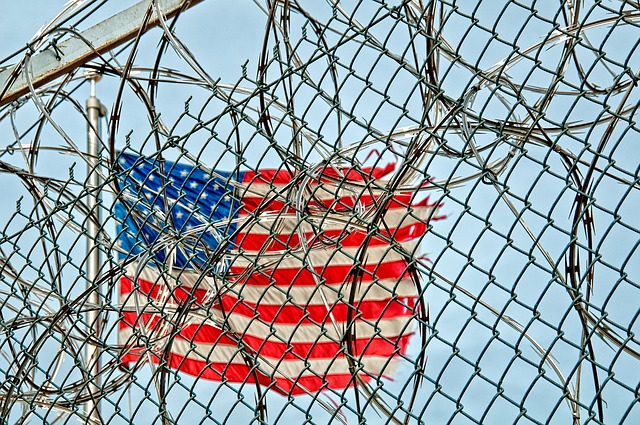Princeton University’s “Prison Teaching Initiative (PTI)” has received a grant by National Science Foundation (NSF) to promote STEM (Science, technology, engineering, and mathematics) careers for people who are behind the bars.
The university is in a partnership called STEM OPS (STEM Opportunities in Prison Settings). Its motto is to make education and higher education accessible to everyone, spreading it to all the prisons across the country. The Prison Teaching Initiative gets help not only from its own university, but colleges across New Jersey come to help them.
The main targets of STEM-OPS are providing internships and hands-on experience in the field of research and technology for people who have served their sentences. Since this program doesn’t have a nationwide approach, they want to expand as fast as possible. Also, workshops to get real-life like experiences are conducted to make them job-ready.
Prison teaching initiative an equalizer for education
Stanley Andrisse, the founder of an organization known as “From Prison Cells to PhD.” has expressed his happiness with the STEM-OPS program. He was sentenced for 10 years and convicted with 3 felony charges. For someone with a criminal history, it is difficult to adjust back to the normal world, let alone getting jobs or education. If we aim education for all, it should include formerly incarcerated citizens too. One can say that the Prison Teaching Initiative turned his life around.
Stanley has completed his Ph.D. and now is a scientist. He also teaches at John Hopkins Medicine and Howard University College of Medicine as an assistant professor. Despite being told off by the prosecution during his trials that he won’t get anywhere after incarceration, he has successfully turned his life around.
PTI in the upcoming years plans to make more career opportunities for the formerly incarcerated people and help them build networks around the country and around the globe with that.
There is a current demand for STEM graduates globally, and if imprisonment is true to its goals of reformation, the program should include second chances at a better life. We believe with others that in a fair and effective criminal justice system, offenders are held to account, sentences are proportionate, and the primary purpose of prison is rehabilitation, not retribution.







